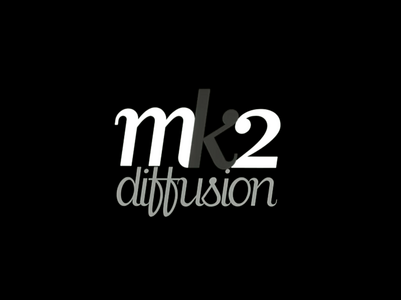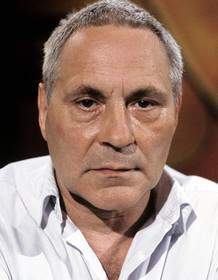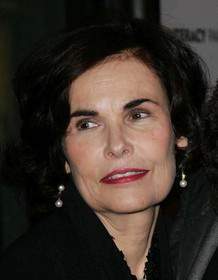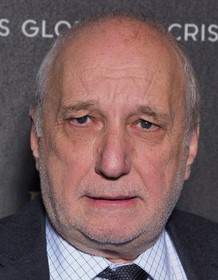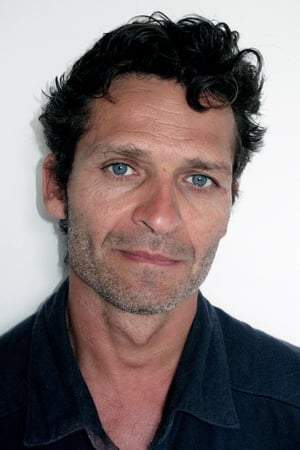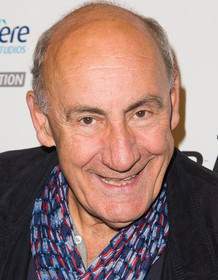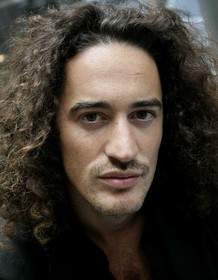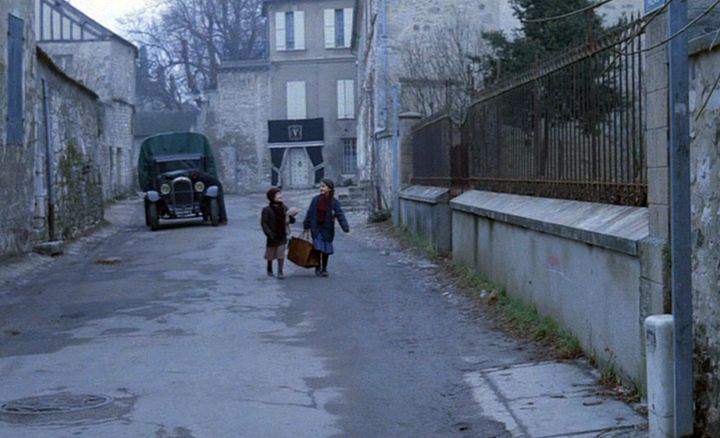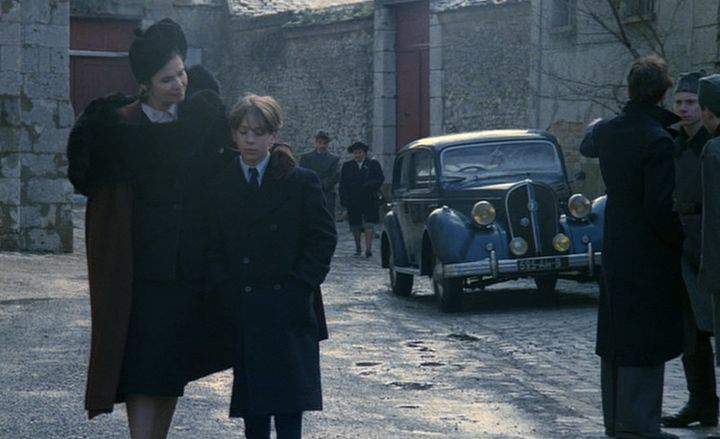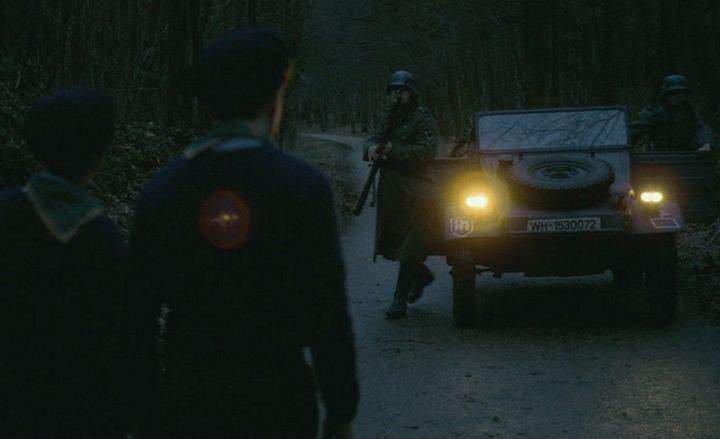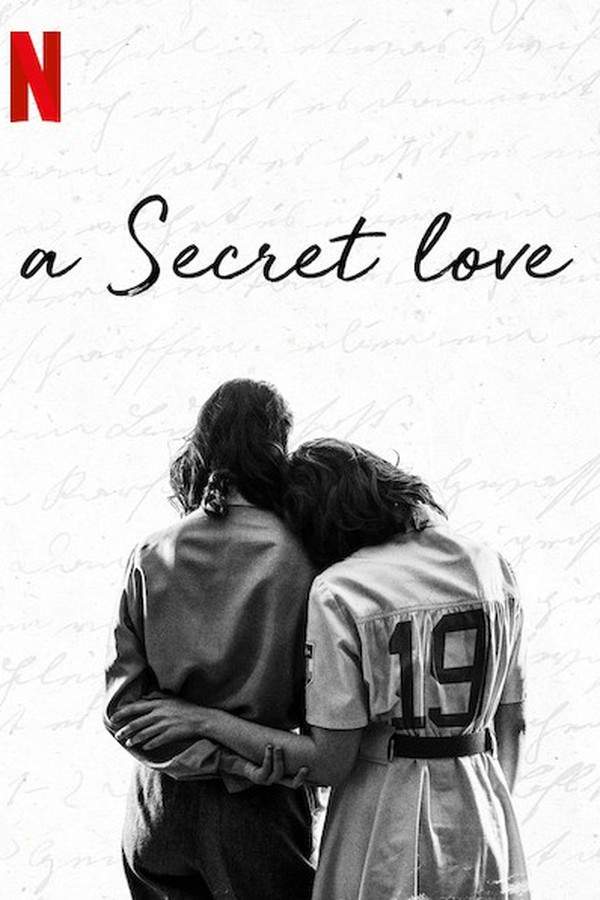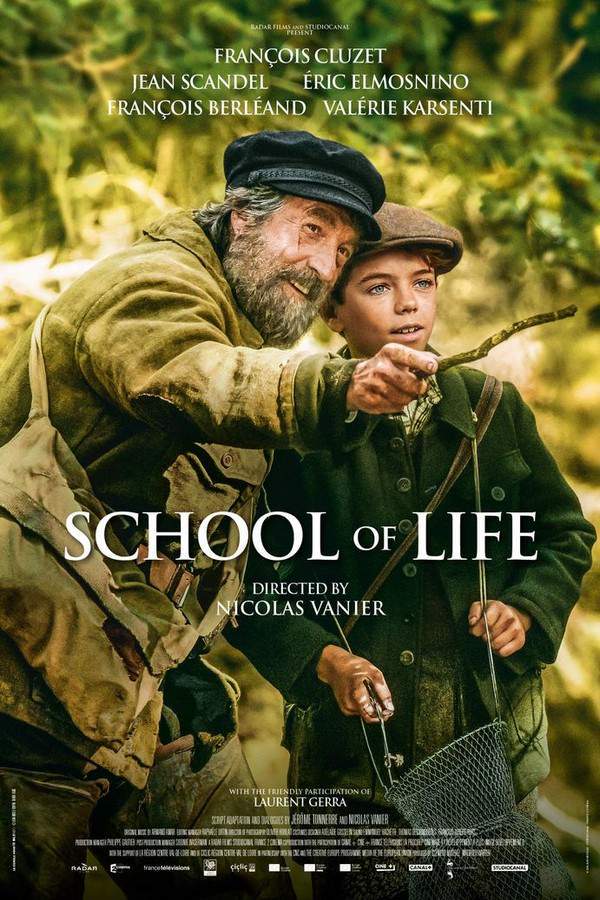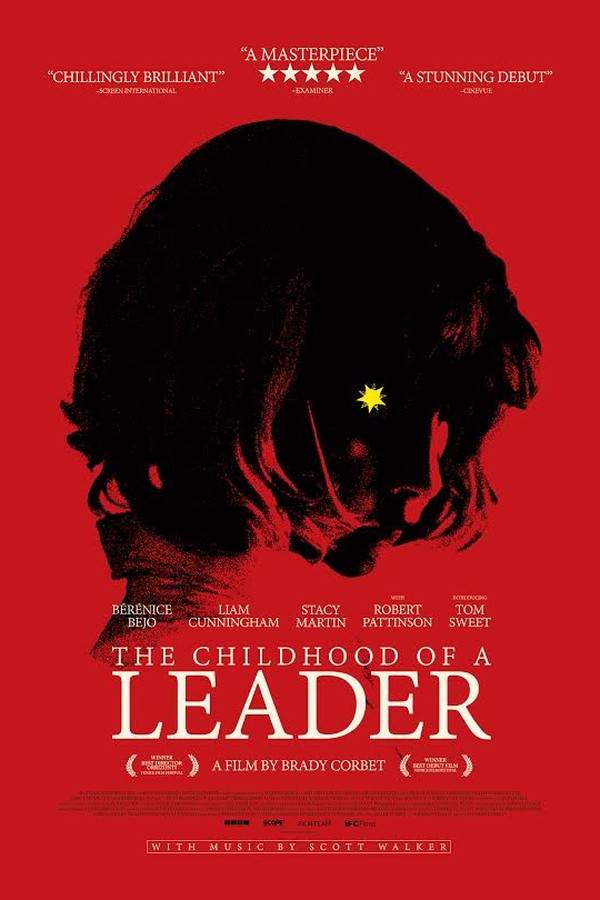Au Revoir les Enfants 1988
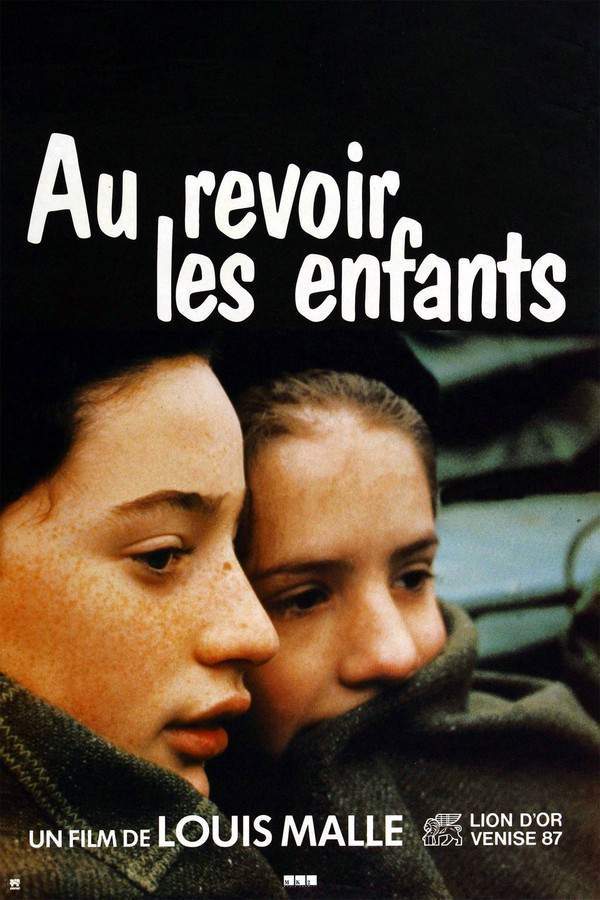
During wartime in 1943 France, a young boy named Julien’s life is disrupted by the arrival of three unfamiliar students at his boarding school. He quickly befriends Jean, a reserved and enigmatic boy, but soon discovers Jean’s secret—he is Jewish and living in hiding. As the dangers of the war intensify, Julien must grapple with difficult choices and the risk of exposing his friend while navigating the innocence of childhood and the harsh realities of a nation at war.
Does Au Revoir les Enfants have end credit scenes?
No!
Au Revoir les Enfants does not have end credit scenes. You can leave when the credits roll.
Meet the Full Cast and Actors of Au Revoir les Enfants
Explore the complete cast of Au Revoir les Enfants, including both lead and supporting actors. Learn who plays each character, discover their past roles and achievements, and find out what makes this ensemble cast stand out in the world of film and television.
External Links and Streaming Options
Discover where to watch Au Revoir les Enfants online, including streaming platforms, rental options, and official sources. Compare reviews, ratings, and in-depth movie information across sites like IMDb, TMDb, Wikipedia or Rotten Tomatoes.
Ratings and Reviews for Au Revoir les Enfants
See how Au Revoir les Enfants is rated across major platforms like IMDb, Metacritic, and TMDb. Compare audience scores and critic reviews to understand where Au Revoir les Enfants stands among top-rated movies in its genre.

88
Metascore
8.1
User Score


97%
TOMATOMETER

93%
User Score

75
%
User Score
Take the Ultimate Au Revoir les Enfants Movie Quiz
Challenge your knowledge of Au Revoir les Enfants with this fun and interactive movie quiz. Test yourself on key plot points, iconic characters, hidden details, and memorable moments to see how well you really know the film.
Au Revoir les Enfants Quiz: Test your knowledge on the poignant themes and events of 'Au Revoir les Enfants'.
What is the time period in which 'Au Revoir les Enfants' is set?
Winter of 1943-44
Summer of 1945
Spring of 1942
Autumn of 1944
Show hint
Awards & Nominations for Au Revoir les Enfants
Discover all the awards and nominations received by Au Revoir les Enfants, from Oscars to film festival honors. Learn how Au Revoir les Enfants and its cast and crew have been recognized by critics and the industry alike.
42nd British Academy Film Awards 1989




3rd Independent Spirit Awards 1988
Best International Film
Full Plot Summary and Ending Explained for Au Revoir les Enfants
Read the complete plot summary of Au Revoir les Enfants, including all major events, twists, and the full ending explained in detail. Explore key characters, themes, hidden meanings, and everything you need to understand the story from beginning to end.
During the winter of 1943-44, Julien Quentin, a student returning to his Carmelite boarding school in occupied France, attempts to project a tough demeanor to his peers. However, beneath this façade lies a deeply pampered boy who longs for his mother’s presence. As he settles back into the mundane routine of school life, things take an unexpected turn with the arrival of three new students. One of them is Jean Bonnet, who shares Julien’s age. Initially, Julien and his classmates look down on Jean, who struggles socially but possesses remarkable talent in mathematics and piano.
One night, Julien awakens to find Jean wearing a kippah, engaged in Hebrew prayers. Driven by curiosity, Julien explores Jean’s locker and uncovers his true identity—Kippelstein. This revelation comes alongside learning that Père Jean, the headmaster played by François Berléand, has heroically chosen to offer secret sanctuary to hunted Jews.
After a playful treasure hunt, a friendship blossoms between Julien and Jean. The bond strengthens when Julien, during a visit from his mother, invites Jean to join them for lunch at a fancy restaurant since Jean’s own parents could not attend. The atmosphere at the table shifts dramatically when Julien’s father is discussed. Upon hearing Julien’s brother question their father’s allegiance to Marshal Pétain, Madame Quentin insists, “No one is anymore.” The meal takes a distressing turn when the Milice arrive, attempting to expel a Jewish diner. In a moment of defiance, Julien’s brother refers to them as “Collabos,” inciting the wrath of the Milice commander, who retorts, “We serve France, madam. He insulted us.” When a Wehrmacht officer orders the Milice to leave, they comply, albeit begrudgingly. Madame Quentin remarks on the dignity of the Jewish diner, expressing her neutrality towards Jews but revealing her disdain for socialist politician Léon Blum.
Troubles arise when Joseph, the school’s assistant cook, is caught selling food supplies on the black market. He implicates several students, including Julien and his brother, François. Despite his anguish over the injustice, Père Jean chooses not to expel the students, concerned about the ramifications for their affluent families.
As January 1944 arrives with an icy chill, a Gestapo raid targets the school in search of Jean Kippelstein. In a moment of unintended betrayal, Julien inadvertently reveals Jean’s location. While chaos ensues as the Jewish boys are hunted, Julien confronts Joseph, who justifies his act of treachery by saying, “Don’t act so pious. There’s a war going on, kid.” Julien, filled with disgust, hastily departs. He and Jean engage in their habitual book exchange as they prepare to leave, marking a poignant farewell amidst the school’s closure.
When the students are gathered in the courtyard, a Gestapo officer denounces Père Jean’s noble deeds, labeling the French as weak. A heart-wrenching farewell unfolds as Père Jean, trailed by the Jewish boys, is escorted away. As he passes through the students, they call out, “Au revoir, mon père!” He stops, turns slightly, and with a reassuring voice responds, “Au revoir, les enfants! À bientôt!” Jean is the final one to exit through the garden’s metal gate, offering Julien a brief, wistful glance, which Julien shyly acknowledges with a wave.
The film concludes with an older Julien reflecting on the events of that fateful January morning. He shares the somber reality that Bonnet, Negus, and Dupre perished in Auschwitz, while Père Jean met his fate at Mauthausen. Although over 40 years have passed, Julien asserts that those haunting memories will remain engraved in his mind until the end of his days.
Uncover the Details: Timeline, Characters, Themes, and Beyond!

Coming soon on iOS and Android
The Plot Explained Mobile App
From blockbusters to hidden gems — dive into movie stories anytime, anywhere. Save your favorites, discover plots faster, and never miss a twist again.
Sign up to be the first to know when we launch. Your email stays private — always.
Watch Trailers, Clips & Behind-the-Scenes for Au Revoir les Enfants
Watch official trailers, exclusive clips, cast interviews, and behind-the-scenes footage from Au Revoir les Enfants. Dive deeper into the making of the film, its standout moments, and key production insights.
Cars Featured in Au Revoir les Enfants
Explore all cars featured in Au Revoir les Enfants, including their makes, models, scenes they appear in, and their significance to the plot. A must-read for car enthusiasts and movie buffs alike.
Au Revoir les Enfants Themes and Keywords
Discover the central themes, ideas, and keywords that define the movie’s story, tone, and message. Analyze the film’s deeper meanings, genre influences, and recurring concepts.
Au Revoir les Enfants Other Names and Titles
Explore the various alternative titles, translations, and other names used for Au Revoir les Enfants across different regions and languages. Understand how the film is marketed and recognized worldwide.
Similar Movies To Au Revoir les Enfants You Should Know About
Browse a curated list of movies similar in genre, tone, characters, or story structure. Discover new titles like the one you're watching, perfect for fans of related plots, vibes, or cinematic styles.
Quick Links: Summary, Cast, Ratings, More

What's After the Movie?
Not sure whether to stay after the credits? Find out!
Explore Our Movie Platform
New Movie Releases (2026)
Famous Movie Actors
Top Film Production Studios
Movie Plot Summaries & Endings
Major Movie Awards & Winners
Best Concert Films & Music Documentaries
Movie Collections and Curated Lists
© 2026 What's After the Movie. All rights reserved.


